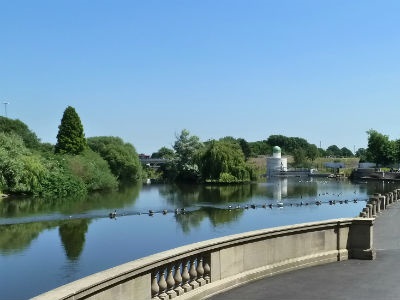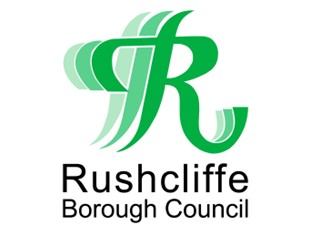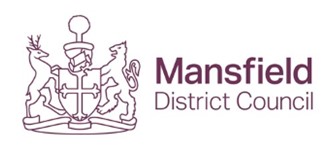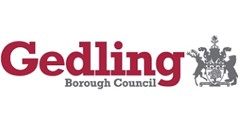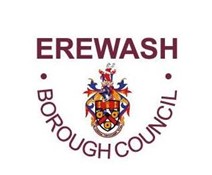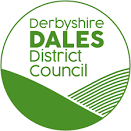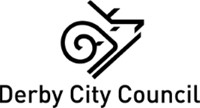Bids to access £5.8million in financing available through D2N2’s European Structural and Investment Funds (ESIF) allocation – to back projects promoting ‘green’ growth, tackle climate change effects and protect the environment – must be received by the end of this Friday (May 27).
The D2N2 Local Enterprise Partnership – the private sector led partnership promoting economic growth and jobs creation across Derby, Derbyshire, Nottingham and Nottinghamshire – announced last month (April) that the fund was open to bids. It is financed out of D2N2’s European Regional Development Fund (ERDF) allocation, part of its wider €250million European Structural and Investment Funds (ESIF).
Deadline for project applications is this Friday (May 27). Funding available includes:
*£3million – For a project or projects to help the D2N2 area adapt to, and reduce the risks and manage the effects of, climate change. Projects need to enhance businesses’ and the economy’s resilience to the effects of climate change along the Lower Derwent river (pictured) in Derby and its surroundings; through flood mitigation measures, including upstream attenuation (ways of physically holding water back for longer, so it can be released more gradually) and ‘slowing the flow’ measures. More information about the criteria which applicants will need to meet is available at the web link HERE.
*£2.8 million – For a project or projects to preserve and protect the environment, and promote more efficient use of resources (water, energy, land) across Derby, Derbyshire, Nottingham and Nottinghamshire. The two key activities will be to encourage businesses to use resources more efficiently and improve the means by which land is protected environmentally. This would include measures to protect and restore biodiversity, soil quality and ecosystems, and to promote innovative technologies to improve environmental protection and efficient use of resources. More information about the criteria which applicants will need to meet is available at the web link HERE.
Organisations bidding for funding will need to provide at least half the costs of their projects, meaning a two million pound project would receive one million pounds from the successful bidder and a million from the D2N2 funding ‘pot’. Organisations’ matched funding must be from a source other than the European Union. The minimum single bid which can be made to the D2N2 fund is £500,000, meaning projects costing less than a million pounds in total would not be considered. The project funding is designed to last for up to three years.
Information sessions on the EU funding call were held earlier this month (May), at the University of Derby’s Enterprise Centre and the Mansfield i-Centre.
Queries about the two funding ‘calls’ should be directed to Richard Kirkland, ESIF Co-ordinator for D2N2, on email: richard.kirkland@d2n2lep.org
For further information on how D2N2 is investing its European Structural and Investment Funds see its web link at www.d2n2lep.org/EUFunding

Media wanting more information about the work of the D2N2 LEP can contact Sean Kirby, D2N2 Communications Manager, on 0115 9578749 or email: sean.kirby@d2n2lep.org
